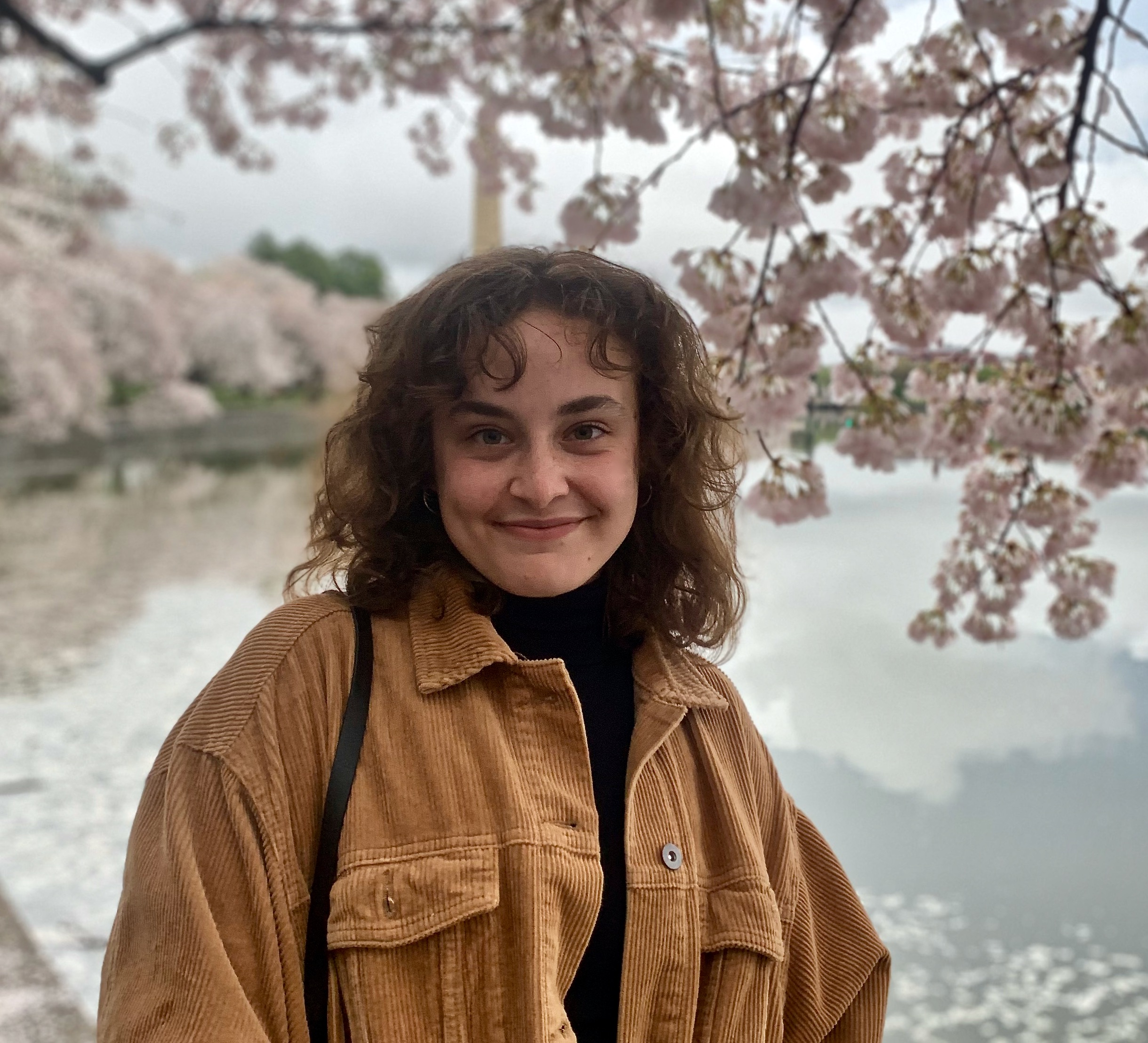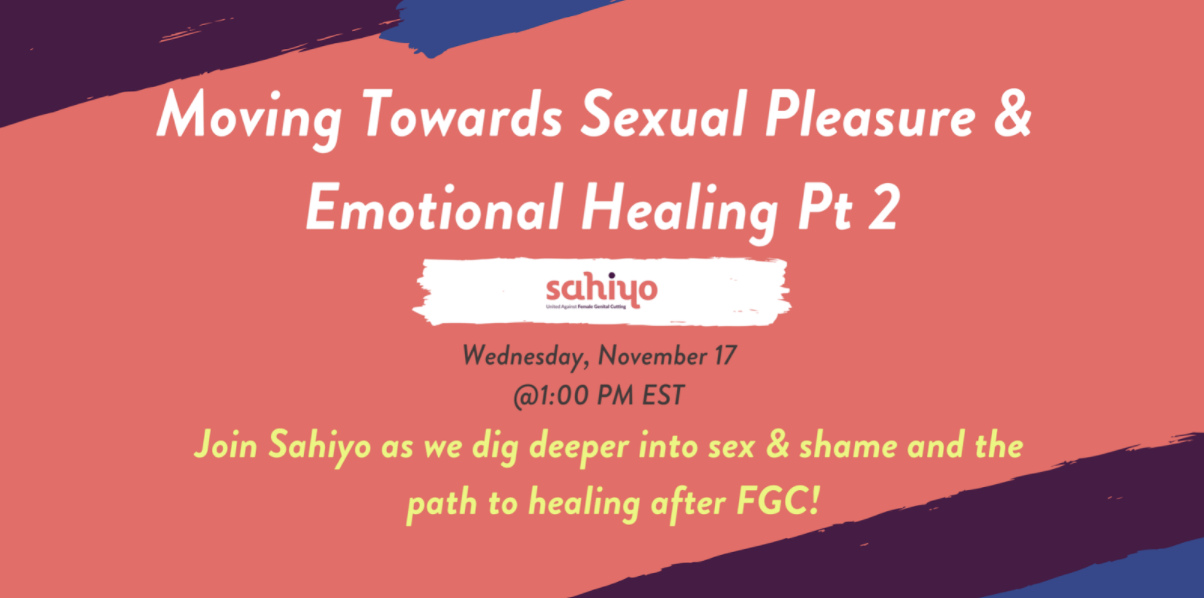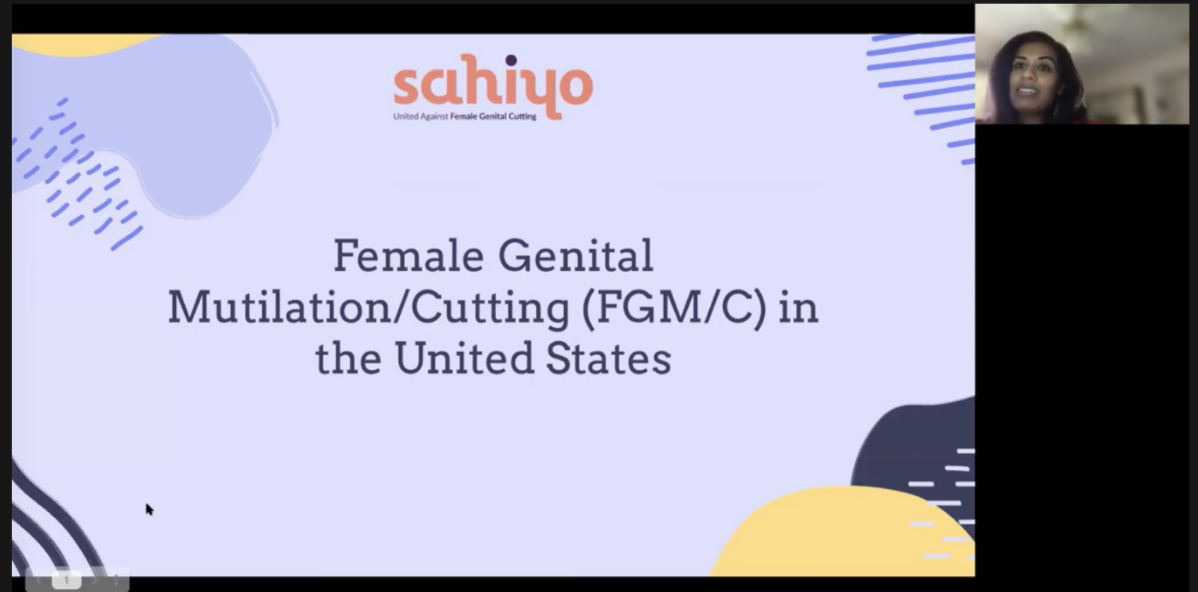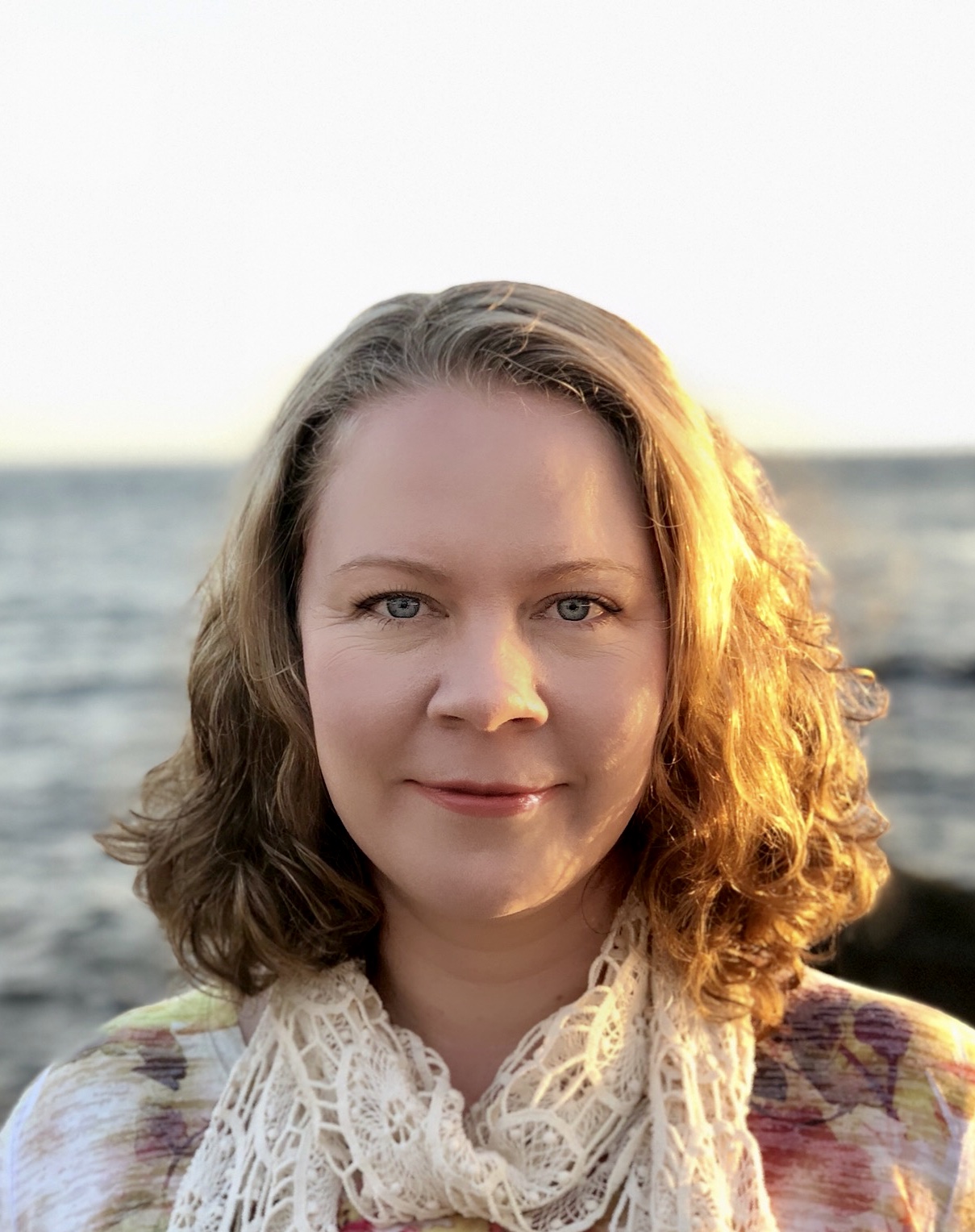પ્રિય માસી એ એક કોલમ છે, જે સેક્સ અને સંબંધ વિષેની એવી બધી બાબતો પર ભાર મૂકે છે, જેને પૂછવામાં તમને ડર લાગતો હોય! આ કોલમ સહિયો અને WeSpeakOut વચ્ચેની એક ભાગીદારી છે. તે આપણા બધા માટે છે, જેમને ફીમેલ જેનિટલ કટિંગ (એફ.જી.સી.) અથવા ખતના અને તેની આપણા શરીર, મન, સેક્સ્યુઆલિટી અને સંબંધો પર કેવી અસર પડે છે તે વિષે પ્રશ્નો હોય. બોહરીઓમાં, માસી એટલે તમારી મમ્મીની બહેન. અમે તમને અહિયાં તમારા પ્રશ્નો મોકલવા માટે આવકારીયે છીએ. જો તમને કોઇ સંકોચ થાય તો, મહેરબાની કરીને ઉપનામનો ઉપયોગ કરી શકો છો (તમારું સાચું નામ વાપર્યા વિના).
પ્રિય માસી,
હું 26 વર્ષની છું અને હું અત્યાર સુધી ત્રણ સંબંધોમાં રહી છું (બે મરદ અને હાલમાં એક મહિલા સાથે). મને ગાઢ સંબંધ પસંદ છે, પરંતુ ઘણીવાર પેનિટ્રેશન (કોઇપણ પ્રકારનું) તકલીફ આપે છે. મેં ઘણીવાર સેક્સ કરવાનું જ ટાળ્યું છે અને તેના કારણે મારા સંબંધોમાં સમસ્યાઓ આવી છે. મેં ડૉક્ટરને બતાવ્યું હતું, પરંતુ તેમણે કહ્યું કે મારું ‘ગુપ્ત અંગ’ બરાબર છે તેમાં કોઇ સમસ્યા નથી, પરંતુ હું અસાધારણ મેહસુસ કરું છું.
મારું ખતના કરવામાં આવ્યું હતું અને મને લાગે છે કે મને તેની અસર થઇ હશે. પરંતુ તેમણે ફક્ત મારૂં ક્લિટોરલ હૂડ કાપ્યું હતું – તેમણે મારા યોની ને કોઇ નુકશાન પહોંચાડ્યું નહોતું, બરાબર?
- ડરેલી ફાતિમા
પ્રિય ફાતિમા,
સૌ પહેલાં – તમે એ સમજી લો કે તમે જે બધી વાત કરી રહ્યાં છો તે એક સામાન્ય બાબત છે, કોઇ અસામાન્ય બાબત નથી.
પેનિટ્રેટિવ સેક્સમાં તકલીફ થવાના પાછળ ઘણા કારણો છે, જેમાં હોર્મોનને કારણે ત્વચા સુકાઇ જવી, વજાઇનલ ઇન્ફેક્શનો, ઇજાઓ અને પેલ્વિક ઇન્ફ્લેમેટરી ડિસીઝ, ફાઇબ્રોઇડ્સ અથવા એન્ડોમેટ્રિઓસિસ જેવી સ્થિતિઓ સમાવિષ્ટ છે.
તકલીફ થવા પાછળના બીજા સામાન્ય કારણો છે વજાઇનિસ્મસ (જેમાં પેનિટ્રેશન સમયે વજાઇનલ અથવા પેલ્વિક ફ્લોરના મસલ સંકોચાય છે અથવા દબાય છે) અથવા વેસ્ટિબ્યુલર વલ્વિટિસ (વજાઇનાના ઓપનિંગ આસપાસની નસોમાં બળતરા થવી). આ બાબતો ટ્રૉમા સાથે સંકળાયેલ હોય શકે છે. આ બાબત વિષે વધુ આગળ વાત કરીશું.
હું ભલામણ કરું છું કે તમે બીજી એક ડૉક્ટરનો અભિપ્રાય લઇ જુઓ. ઘણા ડૉક્ટરો સેક્સ્યુઆલિટીની બાબતમાં નિખાલસ હોતા નથી અને તેના પરિણામે તેઓ તેમના મૂલ્યાંકન પૂરતા ઉંડાણપૂર્વક કરતા નથી. એવા કોઇ ડૉક્ટરને મળો જેમને સેક્સ સંબંધી મુશ્કેલીઓનો અનુભવ ધરાવતા હોય. આ મુદ્દા વિષે વધુ જાણવા માટે હું Episode One of the Bodies Podcast ને સાંભળવાની ભારપૂર્વક ભલામણ કરું છું.
ખતના અને તમારી પીડા વચ્ચેની લિંક સંબંધી તમારા પ્રશ્નની વાત કરીએ તો, ખતનામાં વજાઇનાને બદલે ક્લિટોરલ હૂડને અને ક્યારે ક્લિટોરિસને પણ કટ કરવાનું સમાવિષ્ટ છે. તેમ છતાં, એવા સંશોધન છે જે સૂચવે છે કે આ કટની સેક્સ્યુઆલિટી પર અસર થાય છે: વર્ષ 2017માં સહિયો દ્વારા કરવામાં આવેલા એક સર્વેમાં 35% ઉત્તરદાતાઓએ જણાવ્યું હતું કે ખતના ની તેમના સેક્સ જીવન પર અસર પડી હતી, 87% લોકોએ એવું મેહસુસ કર્યું હતું કે તેની તેમના પર નકારાત્મક અસર પડી હતી. વર્ષ 2018ના WeSpeakOutના અભ્યાસમાં આશરે 33% ઉત્તરદાતાઓએ તેવી જ પ્રતિક્રિયા આપી હતી. તેમાં પીડા, ટ્રિગર અને ટ્રૉમાનું વર્ણન કરતા કેટલાક પ્રશ્નો (પેજ 47-60)ને વાંચવાની હું ભારપૂર્વક ભલામણ કરું છું – તે તમારી સમસ્યા સાથે સુસંગત હોય શકે છે.
ટ્રૉમા એ આ અનુભવનો સામનો કરવાની આપણી ક્ષમતા અને સમજને કચડી નાખતી માનસિક તણાવવાળી આ ઘટનાનું એક પરિણામ છે. મોટા ભાગના સર્વાઇવરો જણાવે છે કે ખતના એ એક માનસિક તણાવવાળો, ગૂંચવણભર્યો અને પીડાદાયક અનુભવ છે જેમાં ક્યારેક ઇનકાર, આ બાબત માટે આપણે પોતે જ જવાબદાર હોવાનો વિશ્વાસ અપાવવો અથવા આપણાં વડિલો, ભરોસાપાત્ર સંબંધીઓ દ્વારા ખોટું બોલવું એ નોંધપાત્ર રીતે સમાવિષ્ટ હોય છે.
હું કહીશ કે ખતના એ ટ્રૉમાની વ્યાખ્યામાં ફિટ થાય છે.
આપણાં મન અને શરીર ક્યારેક પરોક્ષ અથવા ગૂંચવણભરી રીતે ટ્રૉમાને પકડી રાખે છે. મારો કહેવાનો અર્થ શું છે તે જાણવા માટે આ કોમિકને જુઓ. મને લાગે છે કે આપણાં ગુપ્તઅંગ માં ખતનાને લીધે તાણ આવી શકે છે. આ રીતે ખતનાએ તમારા પર અસર કરી છે કે કેમ તે જાણવા માટે ટ્રૉમાનો અનુભવ ધરાવતા થેરાપિસ્ટ સાથે વાત કરો.
ફાતિમા, હું તમને જણાવવા માંગુ છું કે આ સમસ્યામાંથી બહાર નીકળવું અને સાજા થવું સંભવ છે. તમને આનંદદાયક સેક્સવાળુ જીવન જીવવાનો પૂરો અધિકાર છે!
- માસી
માસી ઉર્ફ ફરઝાના ડૉક્ટર
ફરઝાના એ એક નોવેલિસ્ટ અને પ્રાઇવેટ પ્રક્ટિસમાં સાયકોથેરાપિસ્ટ છે. તેણી WeSpeakOut અને ‘એન્ડ એફ.જી.એમ./સી. કેનેડા નેટવર્ક’ની એક સ્થાપક સભ્ય છે. તેણીને સંબંધો અને સેક્સ્યુઆલિટી વિષે વાત કરવી ગમે છે! તેણી વિષે તમે www.farzanadoctor.com પરથી વધુ માહિતી મેળવી શકો છો.
તેમની નવી નોવેલ સેવનને અહીં ઑર્ડર કરો, જેમાં દાઉદી બોહરા સમાજના સંદર્ભમાં બૈરાઓના સંબંધો, સેક્સ્યુઆલિટી, બેવફાઇ વિષે વાત કરવામાં આવી છે.
ઘોષણા: ફરઝાના સંપૂર્ણ રીતે સારી સલાહ આપતી હોય, તે છતાં આ કોલમ દરેક વ્યક્તિની અંગત ચિંતાઓનું સંબોધન કરશે નહીં અને તેનો વ્યાવસાયિક મેડિકલ અથવા સાયકોલોજિકલ સંભાળની અવેજી રૂપે ઉપયોગ કરવામાં આવવો જોઇએ નહીં.







